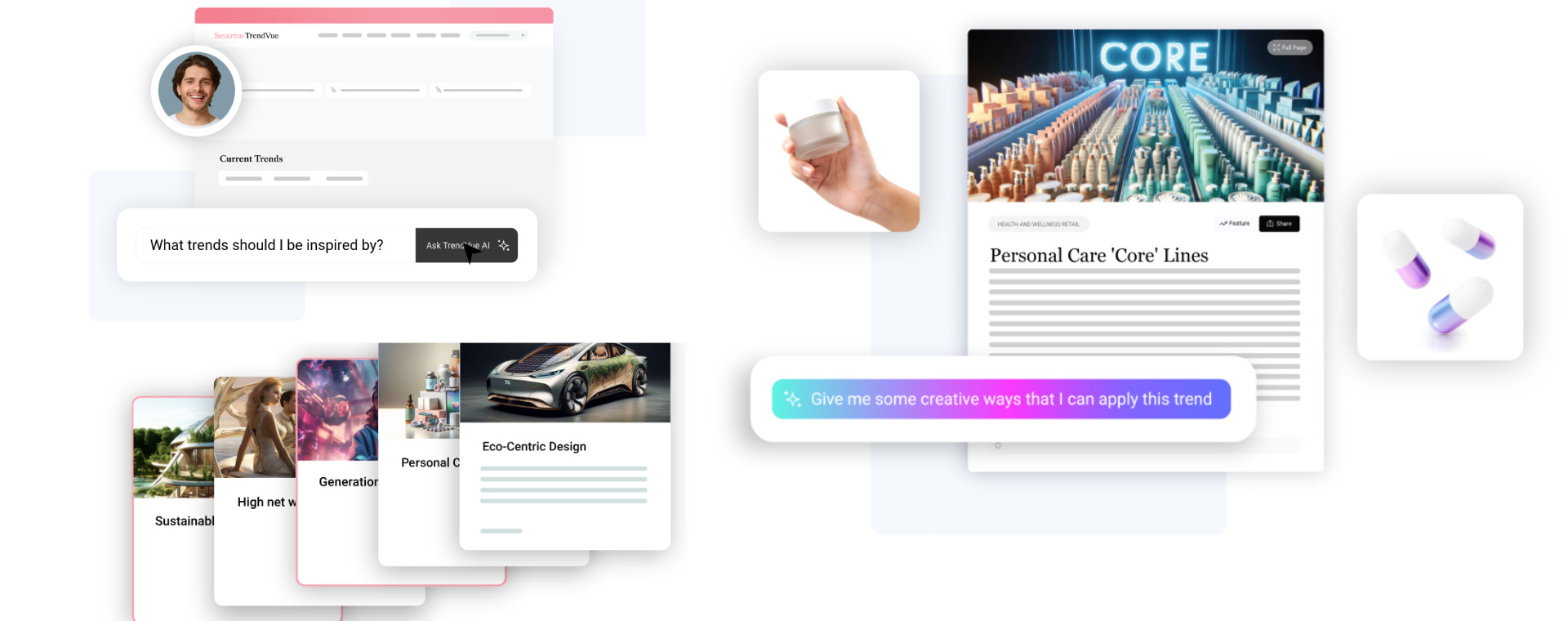

Market research in the higher education sector is a methodical investigation of influencing factors in the industry, with the aim of providing actionable insights for decision making. This research helps to understand the needs and behaviours of students, faculty, and administrative staff. It also helps educational organisations understand the socio-economic, technological, and legislative trends that might be impacting the sector.
What areas does higher education sector market research cover?
- Student recruitment: one of the primary areas of focus is student recruitment. Universities and colleges are continually competing to attract and retain the best students. Market research helps these institutions understand the demographics, motivations, and decision-making processes of prospective students. This can involve studying the effectiveness of marketing strategies, surveying college students about their university selection criteria, or analysing the factors that lead to student retention. Higher education research provides insights into how institutions can tailor their recruitment strategies to appeal to their target student populations.
- Degree and curriculum development: market research plays a crucial role in academic programming and curriculum development. It’s essential for institutions to offer courses that are not only academically challenging but also relevant and competitive in the current job market. Market research can assess industry trends, job market needs, and student interests to inform the development of new degree courses or the revision of existing ones. It can also aid in understanding the effectiveness of teaching methods and the impact of technology on learning.
- Alumni engagement: higher education institutions also rely on their alumni for various forms of support, including fundraising, mentoring, and promotion. Market research can study alumni behaviour and interests to develop strategies for fostering long-term relationships. This might involve surveying alumni about their post-graduation experiences, their level of attachment to the institution, and their interest in various alumni services and events.
- Faculty and staff satisfaction: understanding the needs, expectations, and satisfaction levels of faculty and staff is another important aspect of market research in the higher education sector. Regular surveys and interviews can help institutions identify issues, assess the effectiveness of policies, and develop strategies for change. This research can lead to more engaged employees, which will positively impact the quality of education and student satisfaction.
- Institutional reputation: market research can assist in managing and improving an institution’s reputation. This can involve evaluating public perceptions, analysing media coverage, and benchmarking against other universities. By understanding how a higher education institution is perceived, strategies can be developed to enhance strengths and address weaknesses.
Summary: why is market research in the higher education sector important?
Market research in the higher education sector is an essential tool for understanding and responding to the complex challenges and opportunities that institutions delivering undergraduate or postgraduate study face. It provides the data and insights needed to make informed decisions and to continually improve in a rapidly changing educational landscape.








